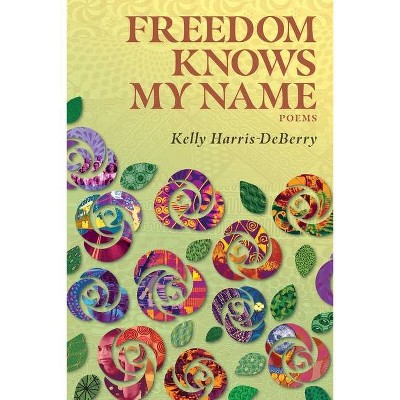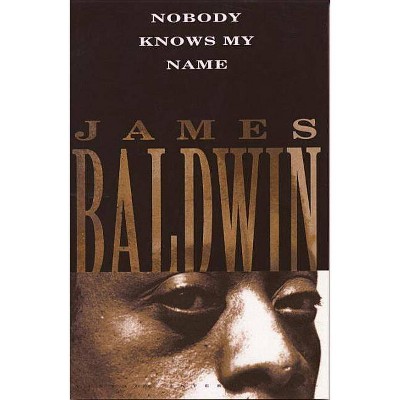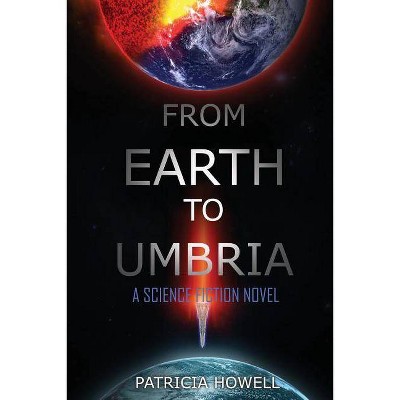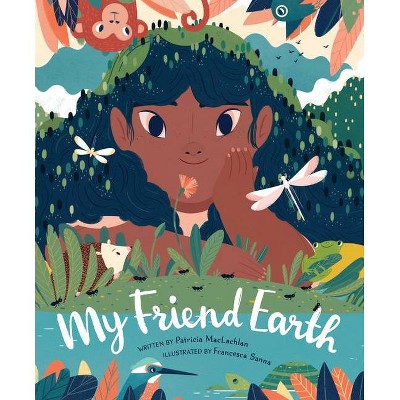The Earth Knows My Name - by Patricia Klindienst (Paperback)
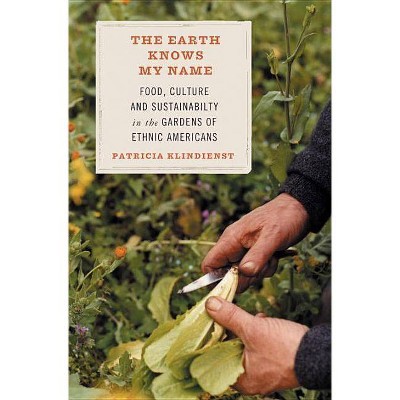
Similar Products
Products of same category from the store
AllProduct info
<p/><br></br><p><b> Book Synopsis </b></p></br></br>Patricia Klindienst crossed the country to write this book, inspired by a torn and faded photograph that shed new light on the story of her Italian immigrant family's struggle to adapt to America. She gathered the stories of urban, suburban, and rural gardens created by people rarely presented in books about American gardens: Native Americans, immigrants from across Asia and Europe, and ethnic peoples who were here long before our national boundaries were drawn--including Hispanics of the Southwest, whose ancestors followed the Conquistadors into the Rio Grande Valley, and Gullah gardeners of the Sea Islands off the coast of South Carolina, descendants of African slaves. <p/>As we lose our connection to the soil, we no longer understand the relationship between food and a sense of belonging to a place and a people. <i>In The Earth Knows My Name</i>, Klindienst offers a lyrical exploration of how the making of gardens and the growing of food help ethnic and immigrant Americans maintain and transmit their cultural heritage while they put roots down in American soil. Through their work on the land, these gardeners revive cultures in danger of being lost. Through the vegetables, fruits, and flowers they produce, they share their culture with their larger communities. And in their reverent use of natural resources they keep alive a relationship to the land all but lost to mainstream American culture. <p/>With eloquence and passion, blending oral history and vivid description, Klindienst has created a book that offers a fresh and original way to understand food, gardening, and ethnic culture in America. In this book, each garden becomes an island of hope and offers us a model, on a sustainable scale, of a truly restorative ecology.<p/><br></br><p><b> Review Quotes </b></p></br></br><br>An original and exemplary kind of cultural study, <i>The Earth Knows My Name</i> is essential reading for anyone seriously interested in the growing reality that an ancient ecological relationship, imaginative and religious in its intensity, is slipping away.--Geoffrey Hartman, author of <i>Scars of the Spirit: The Struggle Against Inauthenticity</i> <p/>We who are far removed from our own immigrant roots will do well to study these eloquent stories and learn from them. Patricia Klindienst has given us nothing less than a great gift.--Deborah Madison, author of <i>Local Flavors: Cooking and Eating from America's Farmers' Markets</i> <p/><i>The Earth Knows My Name</i> is a beautifully written testament to the transformative power of working the land--its capacity to create stability in the uprooted and exiled, to instill faith in the local, to shape history, and to lend promise to the future.--Jane Brox, author of <i>Clearing Land: Legacies of the American Farm</i> <p/>Klindienst's stories demonstrate the cultural and spiritual imperative that keeps us growing familiar plants and foods, and reveals the power of the garden in maintaining our connection to our homelands and to the natural world.--Michael Ableman, farmer and author of <i>Fields of Plenty: A Farmer's Journey in Search of Real Food and the People Who Grow It</i> <p/>A moving tribute to those who keep the ancient love of the land in their hearts, and who stand up to the giants of agrobusiness in their fight to preserve their cultural heritage. --Dr. Jane Goodall, DBE, founder of the Jane Goodall Institute, UN Messenger of Peace, and author of <i>Harvest for Hope: A Guide to Mindful Eating</i> <p/>A poignant book that shows, without undue sentimentality, the underlying element we all share and can bring to life with our hands. --Edie Clark, <i>Orion</i> <p/>This book's broad scope touches on the best of nature writing, singing the rhythm of growth in both plants and people. --<i>Publishers Weekly</i> <p/>A wonderful set of real life stories with broad appeal to gardeners, foodies, environmentalists, and those with an interest in their own experience as descendants of immigrants. The issue of cultural assimilation is handled sensitively and the prose is evocative of the people and places visited.--Donna O. Dziedzic (PLA) AAUP Best of the Best Program <p/>It lifts my heart to find the kind of intelligence, grace, and regard that are in this book's pages. --Barry Lopez, author of <i>Arctic Dreams</i><br>
Price History
Cheapest price in the interval: 20.99 on November 8, 2021
Most expensive price in the interval: 20.99 on December 20, 2021
Price Archive shows prices from various stores, lets you see history and find the cheapest. There is no actual sale on the website. For all support, inquiry and suggestion messagescommunication@pricearchive.us

